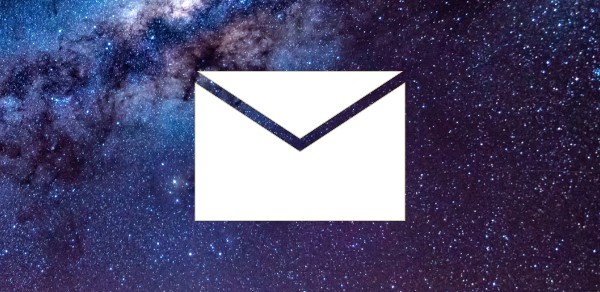Download File (
image 422.79 kB)
Download PDF File (
PDF file 194.92 kB)
Diagram caption:
صورت فلکی دلو همراه با ستارههای پرنور و صورتهای فلکی مجاور آن نشان داده شده است. دلو توسط صورتهای فلکی زیر احاطه شده است (در جهت ساعتگرد از بالا): اسب بالدار ، پاره اسب ، عقاب ، جَدی ، ماهی جنوبی ، مجسمهساز ، قیطس و حوت.
دلو بر روی دایرةالبروج (که در اینجا به صورت یک خط آبی نمایش داده شده) قرار دارد، مسیری که خورشید طی یک سال ظاهراً در آسمان طی میکند. خورشید از اواسط فوریه تا اواسط مارس در صورت فلکی دلو قرار دارد. سایر سیارات منظومه شمسی نیز اغلب در دلو دیده میشوند.
دلو از استوای سماوی عبور میکند و بنابراین در زمانی از سال از تمام نقاط زمین قابل مشاهده است. با این حال، در مناطق بسیار قطبی، بخشهایی از این صورت فلکی ممکن است دیده نشود. دلو در نیمکره شمالی در پاییز و در نیمکره جنوبی در بهار، در عصرها بهوضوح قابل مشاهده است.
دایرههای زرد با علامت مثبت نشاندهنده خوشههای کروی M2 و M72 هستند. دایرههای سبز با علامت مثبت نشاندهنده سحابیهای سیاره نما NGC 7293 (سحابی هلیکس) و NGC 7002 (سحابی زحل) هستند. M73 (با علامت x مشخص شده) یک گروه تصادفی از ستارهها است که قبلاً به اشتباه بهعنوان یک خوشه باز طبقهبندی شده بود.
محور y این نمودار بر حسب درجههای مِیل (Declination) با شمال در بالا و محور x بر حسب ساعت، بُعد سماوی (Right Ascension) با شرق به سمت چپ مشخص شده است. اندازه ستارههای نشان داده شده در این نمودار به قدر ظاهری آنها (معیاری از روشنایی ظاهری آنها) بستگی دارد.
نقاط بزرگتر نمایانگر ستارههای روشنتر هستند. حروف یونانی نشاندهنده روشنترین ستارههای این صورت فلکی هستند و بر اساس روشنایی مرتب شدهاند (روشنترین ستاره با نام آلفا، دومین روشنترین با نام بتا و ...)، اگرچه این ترتیب همیشه دقیقاً رعایت نمیشود.
خطوط نقطهچین، مرزهای رسمی صورتهای فلکی توسط IAU را نشان میدهند و خطوط سبز ممتد یکی از شکلهای رایج برای نمایش اشکال صورتهای فلکی را نمایش میدهند. هیچیک از مرزهای صورت فلکی یا خطوط اتصال ستارهها در آسمان واقعی دیده نمیشوند.
Diagram credit: اقتباسشده توسط دفتر آموزش نجوم IAU از نسخه اصلی IAU/Sky & Telescope. Credit Link
Diagram translation status: Not yet approved by a reviewer
Diagram translators: Mohammad Sadegh Faghanpour
Related glossary terms:
Apparent Magnitude
, Aquarius
, Capricornus
, Celestial Coordinates
, Constellation
, Declination
, Globular Cluster
, Open Cluster
, Pisces
, Planetary Nebula
, Right Ascension (RA)
, Zodiac
, دایرةالبروج
Categories:
Naked Eye Astronomy
Diagram license: Creative Commons تخصیص 4.0 بینالمللی (CC BY 4.0) Creative Commons تخصیص 4.0 بینالمللی (CC BY 4.0) icons









